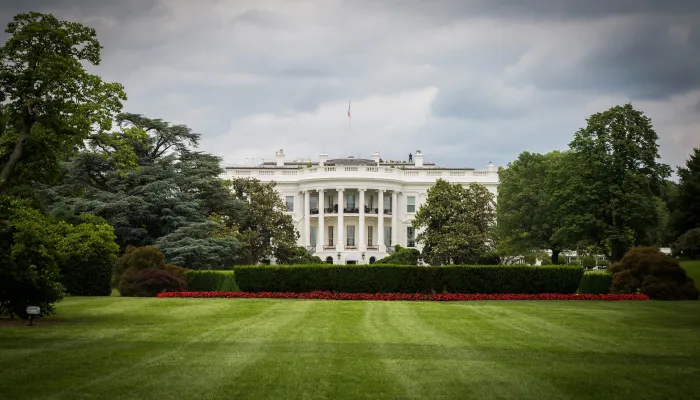Pay As You Go and the Tax Cuts
Continuing in our discussion of (what we believe to be the most important!) Ten Questions to Ask the Candidates leading up to this coming Tuesday's mid-term elections, let's take a look at questions 3 and 4.
3. Paying As You Go. If you support new spending programs or tax cuts, will you offset the costs so they don’t add to the deficit? The current pay-as-you-go requirement has so many exemptions it still will allow trillions of dollars to be added to the debt. But the principle is still an important one in budgeting, and should be strengthened. Candidates who suggest new spending programs or tax cuts need to specify how they would pay for those policies so they don’t add to the deficit.
As we've said many times before, current PAYGO rules have loopholes so big you could fly a jumbo jet through them. These exemptions include:
- The costs of any extension of the 2001/2003 tax cuts for individuals and couples earning less than $200,000 and $250,000, respectively, for the next 10 years from having to be paid for.
- The costs of an extension of the 2009 estate tax parameters.
- The costs of annual freezes in Medicare payments to physicians, or "doc fixes", through 2014, which are scheduled to drastically decrease under current law.
- The costs of annual AMT patches through 2011.
- The costs of legislation deemed as "emergency" requirements by Congress.
These exemptions could add trillions to the debt, and policymakers need to do better. PAYGO rules are an important principle to abide by and proved to be helpful in leading to budget surpluses during the late 1990s. Lawmakers must have specific proposals for how they would pay for, over the medium-term, any new spending increases or tax cuts.
4. Extending the Tax Cuts. Do you support extending some or all of the tax cuts? Permanently extending all of the expiring 2001/2003 tax cuts, along with continuing to patch the Alternative Minimum Tax, would cost nearly $4 trillion over the next ten years. Even allowing the tax cuts for families making over $250,000 to expire, as the President has proposed, would still increase the deficit by over $3 trillion over the next ten years. The director of the non-partisan Congressional Budget Office recently testified that financing the extension of the tax cuts through borrowing would crowd out private investment, damaging the economy by as much as 11 percent of GNP by 2040.
Representing the largest portion of PAYGO exemptions, what to do with the upcoming expiration of the 2001/2003 tax cuts at the end of this year will be a critical question in coming months. As we've written about here, any non-paid for extension of the tax cuts--whether full, partial, permanent, or temporary--will negatively affect the economy by the end of the decade, despite the short-term benefits.
Let's hope the candidates are taking note of these important issues, and we encourage them to be specific about what they support.


